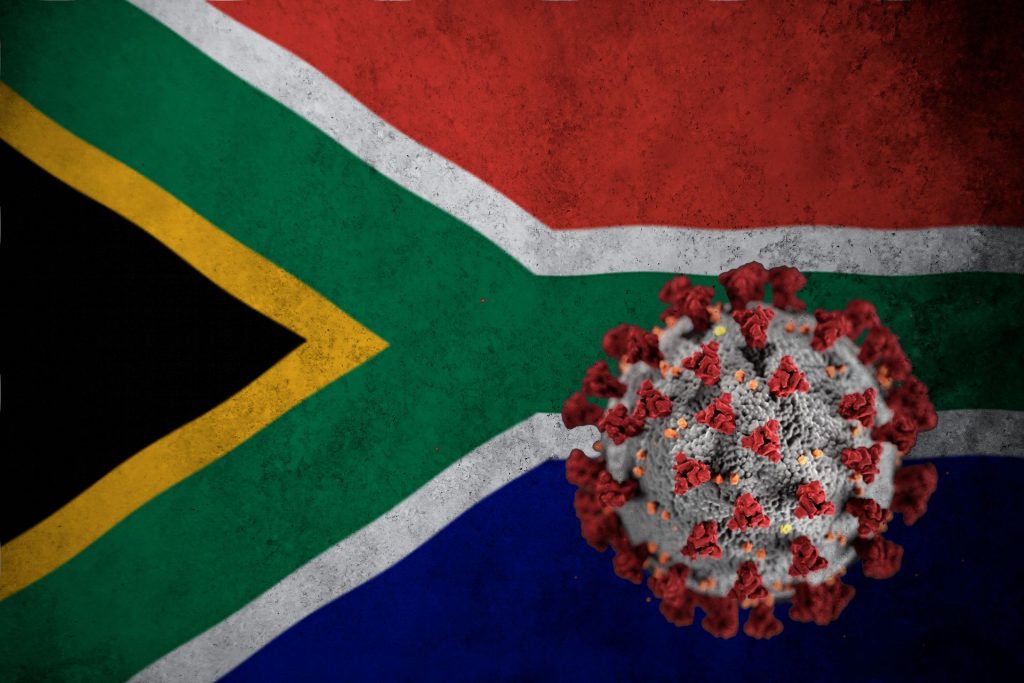
Wastewater monitoring has shown that COVID infections are falling in Gauteng, indicating that the Omicron wave may have peaked, while the World Health Organization warns that the variant should not be taken lightly despite its mildness.
The findings align with comments by Health Minister Joe Phaahla on Friday that the Omicron-driven wave may be peaking in the province.
Despite Gauteng’s peaking, cases are on the rise in seven of the nine provinces and last week the country saw a new high in cases. Of the infections confirmed on Thursday, Gauteng accounted for 27%, down from 72% of new infections on December 3.
However, the surge of Omicron will likely not be confined to Gauteng. “Early indications are that we might have reached the peak in Gauteng,” Dr Phaahla said in an online media briefing. “But there is a corresponding, rapid increase of cases in the other big provinces.”
He also noted a 70% increase in hospitalisations, though he stressed that this was off of a low base rate. Meanwhile, the WHO has warned that countries should not take the Omicron variant likely in spite of its apparent low severity.
“Countries can – and must – prevent the spread of Omicron with the proven health and social measures. Our focus must continue to be to protect the least protected and those at high risk,” said Dr Poonam Khetrapal Singh, Regional Director of the WHO South-East Asia Region.
Omicron should not be dismissed as mild, she cautioned, adding that even if it does cause less severe disease, the sheer number of cases could once again overwhelm health systems. Hence, health care capacity including ICU beds, oxygen availability, adequate health care staff and surge capacity need to be reviewed and strengthened at all levels.
The overall threat posed by Omicron largely depends on three key questions – its transmissibility; how well the vaccines and prior SARS-CoV-2 infection protect against it, and how virulent the variant is as compared to other variants.
From what we know so far, Omicron appears to spread faster than the Delta variant which has been attributed to the surge in cases across the world in the last several months, Dr Singh said.
She added that emerging data from South Africa suggests increased risk of re-infection with Omicron, and said that there is still limited data on Omicron’s limited severity. Further information is needed to fully understand the clinical picture of those infected with Omicron, and more information is expected in the coming weeks.
Her statements echo those of WHO chief Tedros Adhanom Ghebreyesus, who earlier last week warned that health systems could still be overwhelmed by cases.

